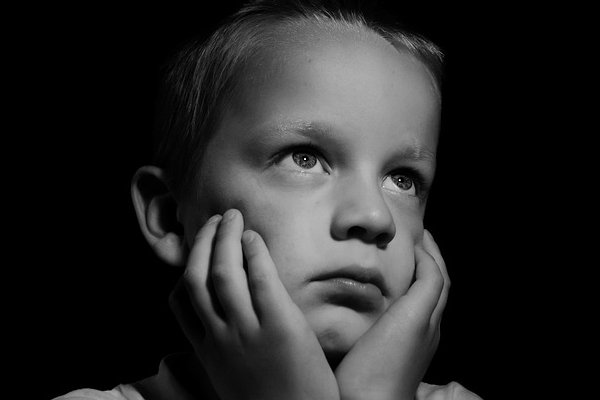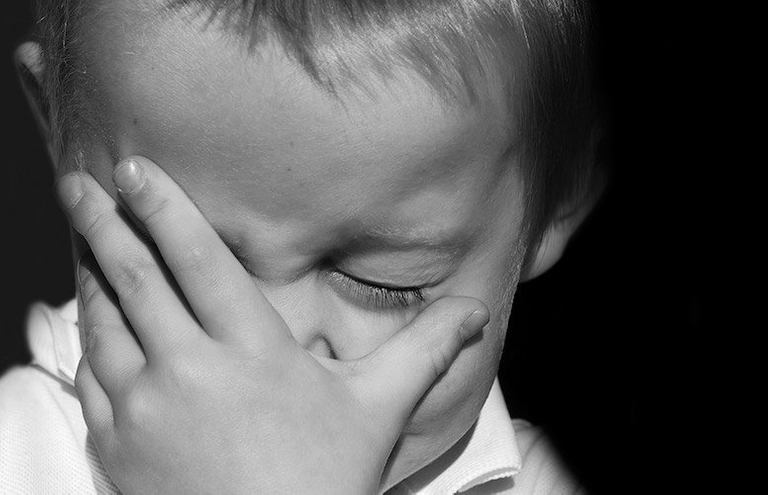
A divorce is, in all cases and all situations, a truly traumatic experience for a child. Moreover, its psychological effects can have an effect deep enough to have consequences throughout the life of this child, including when he becomes an adult.
The psychological disorders of children related to divorce
A study concerning the psychological disorders of parents and children, during a separation or a divorce, has just been published on this subject.
- One of the disorders that can cause this trauma is the " syndrome of the false memory " or " syndrome of the false memories ". The individual self-convicts that he has been sexually abused by the parent who has left home.
- Concerning the psychological disorders of parents and children , during separations or divorces, has highlighted this sad reality. The children who are most at risk are those of preschool and school age because they do not yet have the cognitive tools to deal with the problems they are witnessing and to prepare for the consequences.
- Also, children whose parents are divorced more often suffer from depression than others, Children of divorced parents are more disturbed and more aggressive than other children. Indeed, we note that they present more character disorders (violence, fugues, etc.). By doing this the child reproduces the aggression of each parent towards the other.
- The child may experience: denial, grief, feelings of abandonment, loss of self-esteem, anxiety, feelings of shame, feelings of guilt, nostalgia for the past, and hope that his parents reconcile and revive together even if, deep inside him, he knows that it is impossible. It can manifest various disorders: mood and behavior, depressive or hypomanic reactions, school difficulties, sleep disorders, various psychosomatic manifestations that are a language that some parts of the body express, without the knowledge of the child, when the word can not say what he feels, and especially since he is young.
- Children of divorce, contrary to what one might think, do not have more difficulties in school than children born to non-divorced couples (30.6% for children of divorce and 32.4% for non-divorced). But his children are, however, more affected by behavioral disorders (34.3%) that can manifest in the form of aggression at school. But, strangely, 10% of children of divorced presents a hyperinvestment intellectual and school.These children are in the image of the "model child", perfect,: stable, discrete, and workers as the adults would dream. have deserted their childhood to enter directly into the maturity of adulthood, these little adults forget games and nonsense to enter the seriousness of the adult world.
To avoid this syndrome and other disorders such as abandonment or parental alienation syndrome , it is important to reassure them about the love of their mother and father, to help them express their fears and feelings, to contribute to the good development of their relations with both parents and to preserve a positive image of their mother and father.
And the parents ?
In a divorce, the spouse who has not decided to divorce may be suffering from a depressive reaction syndrome . It is a narcissistic wound that brings with it a feeling of sadness, guilt, and a deterioration of the future. We think we will not get anything. The person is not well, sleeps badly, and has trouble concentrating. The syndrome plays on all the registers, is diffused in all the sectors of the life of the person.
you can read How to make your split as smooth as possible Here
Posted from my blog with SteemPress : http://healthblogger.ml/healthy-divorce-divorce-without-trauma/

